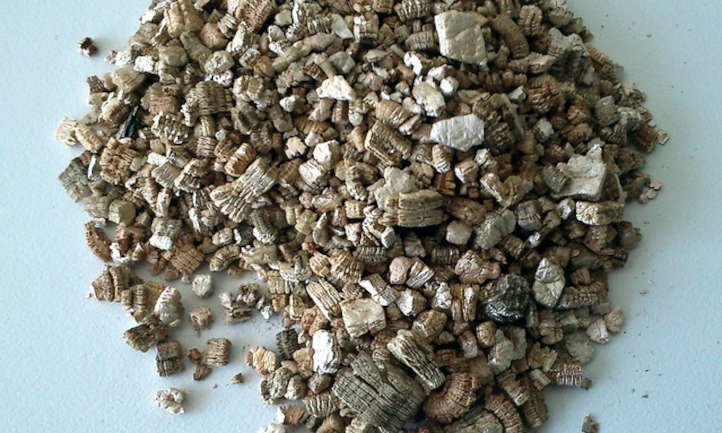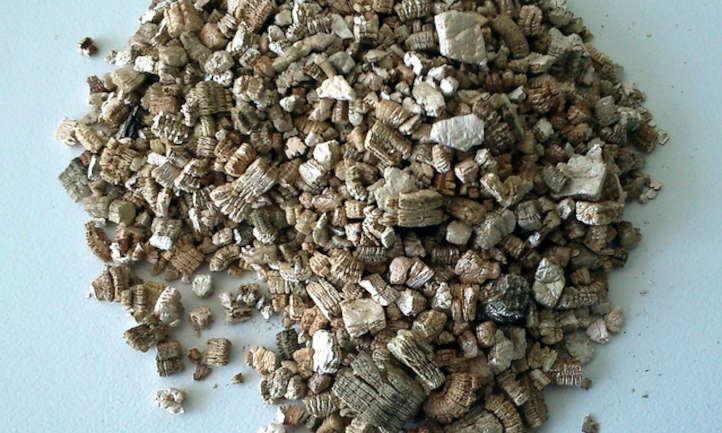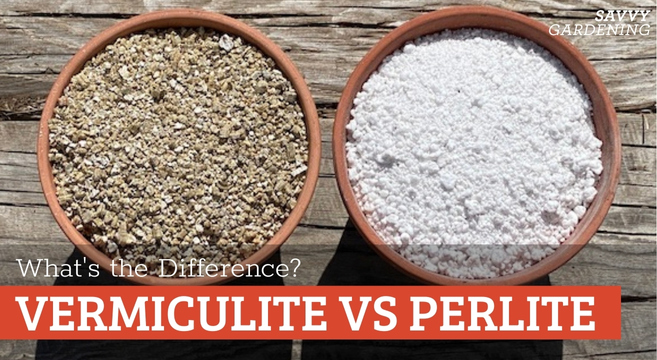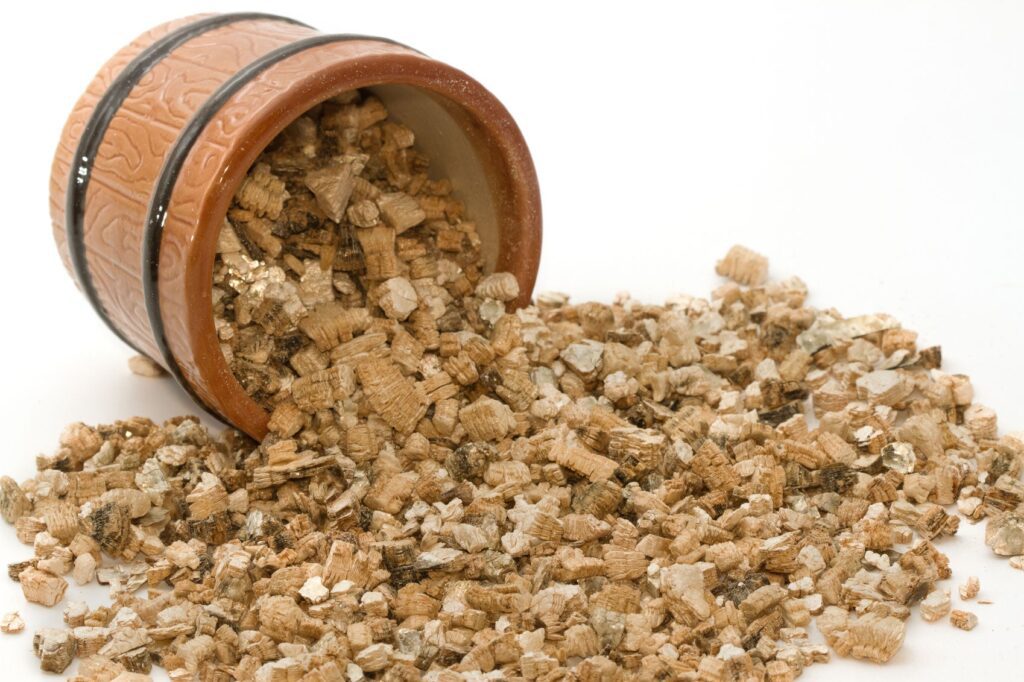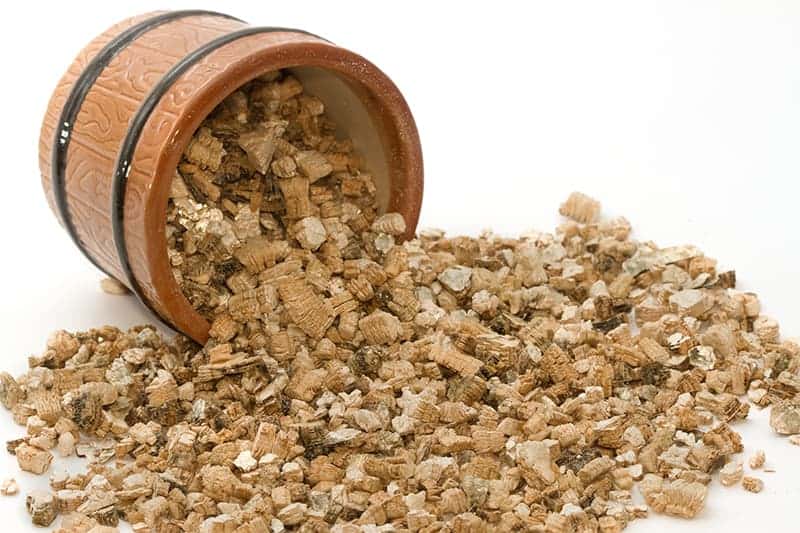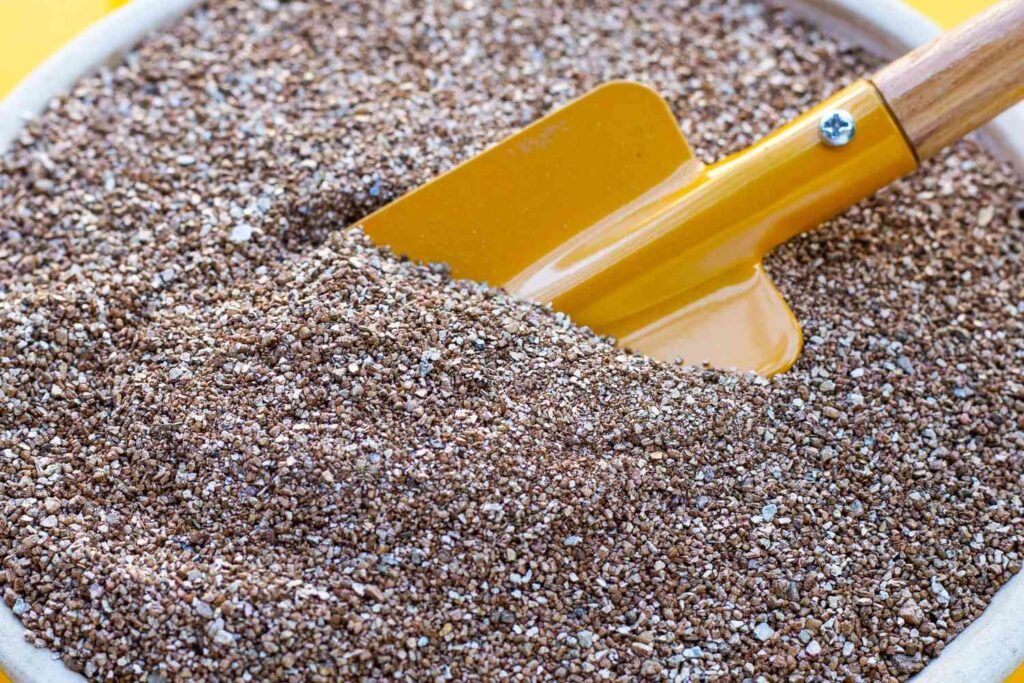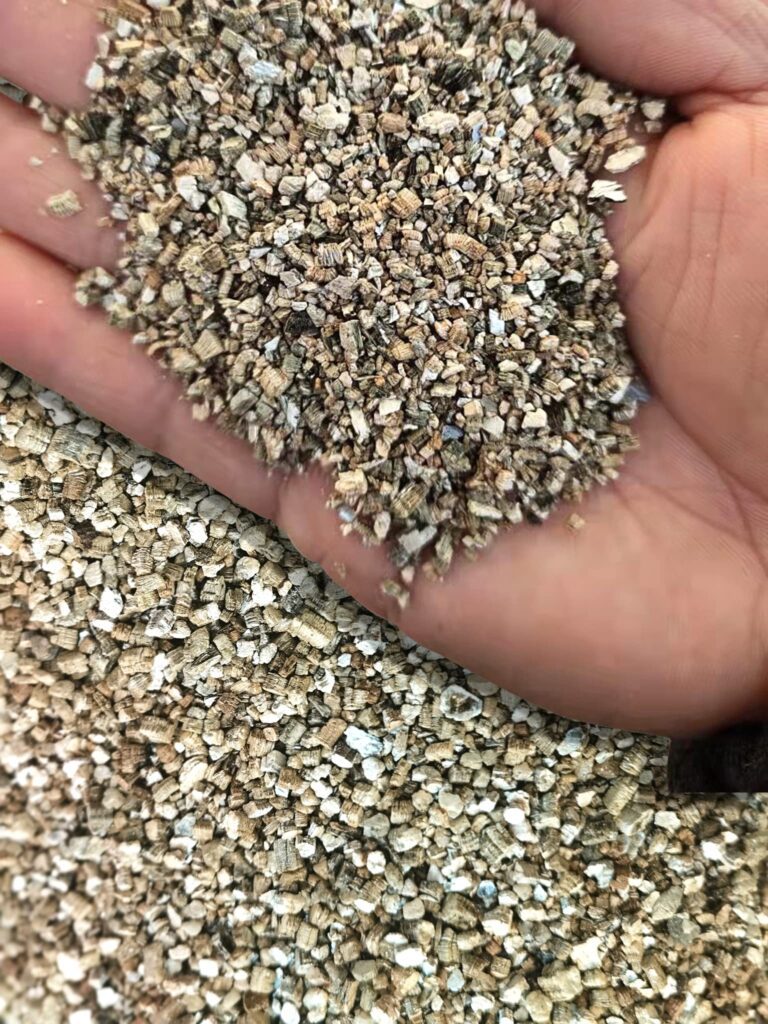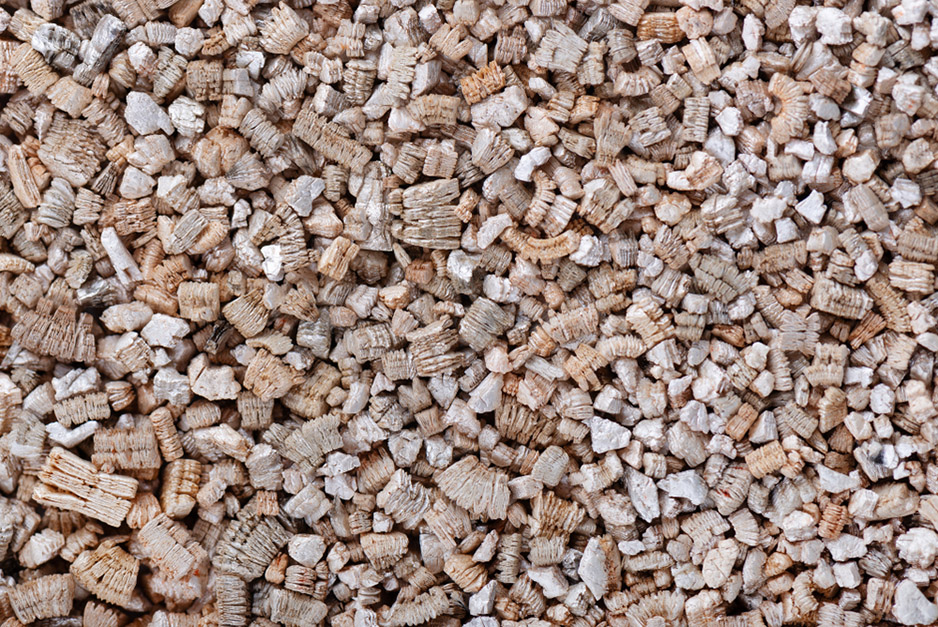Are you an avid gardener looking for a safe and sustainable option for your organic garden? Well, look no further! In this article, we will explore the question that has been on the minds of many garden enthusiasts: Is vermiculite safe for organic gardening? We will delve into the benefits of vermiculite, its impact on soil health, and any potential risks associated with its use. So, let’s get ready to uncover the truth about vermiculite and its compatibility with organic gardening practices.
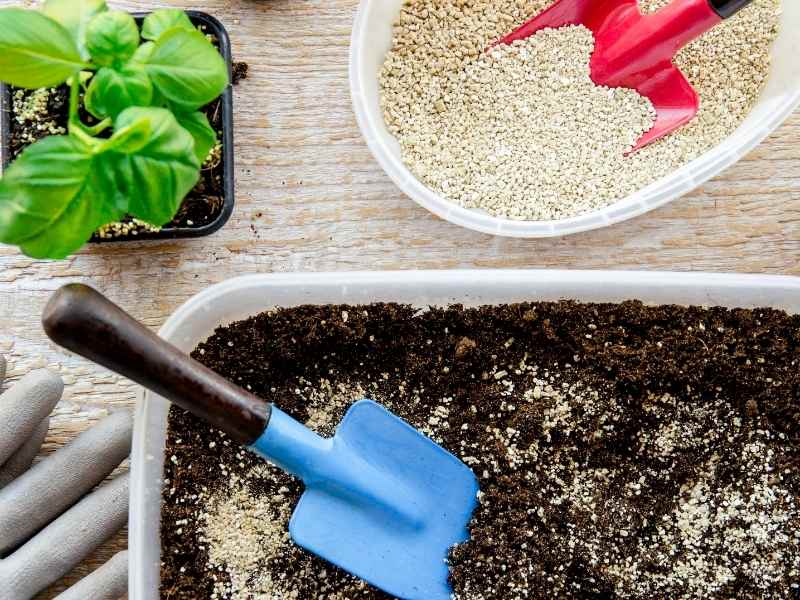

What is Vermiculite?
Vermiculite is a natural mineral that is commonly used in organic gardening as a soil amendment. It is a type of mica that is heated to high temperatures, causing it to expand and become light-weight and spongy. This unique structure makes vermiculite an excellent addition to any garden soil, as it provides numerous benefits for plants and the overall health of the garden.
Benefits of Vermiculite in Organic Gardening
Improves Soil Aeration and Drainage
One of the key benefits of using vermiculite in organic gardening is its ability to improve soil aeration and drainage. The expanded structure of vermiculite allows for increased air circulation in the soil, preventing compaction and ensuring that plant roots have access to oxygen. Additionally, the spongy texture of vermiculite helps to retain moisture without causing waterlogging, allowing excess water to drain away effectively.
Retains Moisture in the Soil
Vermiculite acts as a natural sponge, retaining water in the soil and preventing it from evaporating too quickly. This is particularly beneficial in dry or arid climates, as it helps to reduce irrigation needs and conserve water. By retaining moisture, vermiculite creates a more stable and optimal environment for plant growth, ensuring that plants remain adequately hydrated.
Enhances Nutrient Availability in the Soil
Another advantage of using vermiculite in organic gardening is its ability to enhance nutrient availability in the soil. The expanded structure of vermiculite provides a large surface area that can trap and hold essential nutrients like potassium, calcium, and magnesium. These nutrients are then slowly released to the plant roots as needed, ensuring a steady supply of nutrients for healthy growth and development.
Promotes Root Growth and Development
Vermiculite is an excellent medium for promoting root growth and development. Its light and porous texture make it easy for plant roots to penetrate and explore, allowing for efficient nutrient and water absorption. The improved aeration, drainage, and moisture retention properties of vermiculite create an optimal environment for root growth, resulting in stronger, healthier plants.
Crucial Factors to Consider
Vermiculite Source and Quality
When using vermiculite in organic gardening, it is crucial to consider the source and quality of the product. Look for vermiculite that is certified organic and sourced from reputable suppliers. Ensure that it has been properly processed to remove any impurities or contaminants. By choosing high-quality vermiculite, you can be confident in its effectiveness and safety for your organic garden.
Potential Asbestos Contamination
There have been concerns regarding the presence of asbestos in some vermiculite products. Asbestos is a naturally occurring mineral that can be harmful when inhaled. However, it is important to note that not all vermiculite contains asbestos. To ensure safety, it is advised to purchase vermiculite that is asbestos-free and has been tested by a reputable laboratory.
Proper Handling and Application
To safely and effectively use vermiculite in organic gardening, it is essential to follow proper handling and application methods. Use gloves and a mask when handling vermiculite to minimize any potential exposure. When applying vermiculite to the soil, mix it thoroughly to ensure even distribution. Follow the recommended application rates based on the specific needs of your plants and garden.
Vermiculite vs. Other Soil Amendments
Comparing Vermiculite with Perlite
Vermiculite and perlite are both popular soil amendments, but they have different properties and uses. While vermiculite retains moisture, perlite provides excellent drainage due to its lightweight and porous nature. Both amendments can improve soil aeration, but vermiculite is more effective in retaining moisture. The choice between the two depends on the specific needs of your plants and garden conditions.
Comparing Vermiculite with Peat Moss
Vermiculite and peat moss are often used together in gardening to help retain moisture and improve soil structure. While vermiculite retains water, peat moss provides excellent water retention in addition to improving soil acidity. When used in combination, these amendments create a balanced and nourishing environment for plant growth.
Comparing Vermiculite with Coconut Coir
Coconut coir, also known as coco peat, is a sustainable alternative to vermiculite. It is derived from coconut husks and has excellent water retention and aeration properties. While both vermiculite and coconut coir can improve soil structure and moisture retention, coconut coir is more environmentally friendly and can be used as a renewable resource.
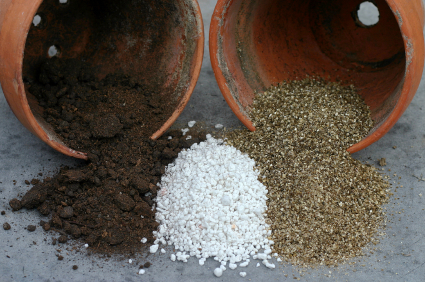

Common Uses of Vermiculite
Seed Starting and Transplanting
Vermiculite is commonly used for seed starting and transplanting. Its light and porous texture provide an ideal environment for seeds to germinate and seedlings to establish. Mix vermiculite with potting soil to create a lightweight and well-draining medium for starting seeds or transplanting delicate seedlings.
Container Gardening
In container gardening, vermiculite is an excellent addition to potting mixes. It helps retain moisture, promotes aeration, and prevents soil compaction in the limited space of containers. By adding vermiculite to container gardens, you can ensure healthier and more productive plants.
Raised Bed Gardening
Vermiculite is often incorporated into raised bed gardens to improve soil structure and drainage. The lightweight nature of vermiculite helps prevent soil compaction in raised beds, providing optimal growing conditions for a wide variety of plants. Additionally, the moisture retention properties of vermiculite help reduce the frequency of watering in raised bed gardens.
Improving Garden Soil
Vermiculite can also be used to improve garden soil in general. By mixing vermiculite into the existing soil, you can enhance its aeration, drainage, and moisture retention capabilities. This is especially beneficial for heavy clay soils, as vermiculite helps break up the clay and create a more favorable environment for plant growth.
Safety Concerns and Precautions
Potential Asbestos Exposure
While many vermiculite products are asbestos-free, there is still a small risk of exposure if the product is contaminated. To minimize this risk, it is crucial to choose vermiculite that has been tested and certified to be asbestos-free. By selecting high-quality vermiculite from reputable sources, you can ensure the safety of your organic gardening practices.
Safe Handling and Storage
When handling vermiculite, it is essential to take proper safety precautions. Wear gloves and a mask to minimize any potential risk of inhaling dust particles. Store vermiculite in a cool, dry place away from direct sunlight, as excessive heat and moisture can degrade its quality.
Regulatory Standards and Certifications
To further ensure the safety of vermiculite used in organic gardening, look for products that meet regulatory standards and have relevant certifications, such as organic certifications or quality assurance labels. These certifications indicate that the vermiculite has undergone rigorous testing and meets specific criteria for safety and effectiveness.
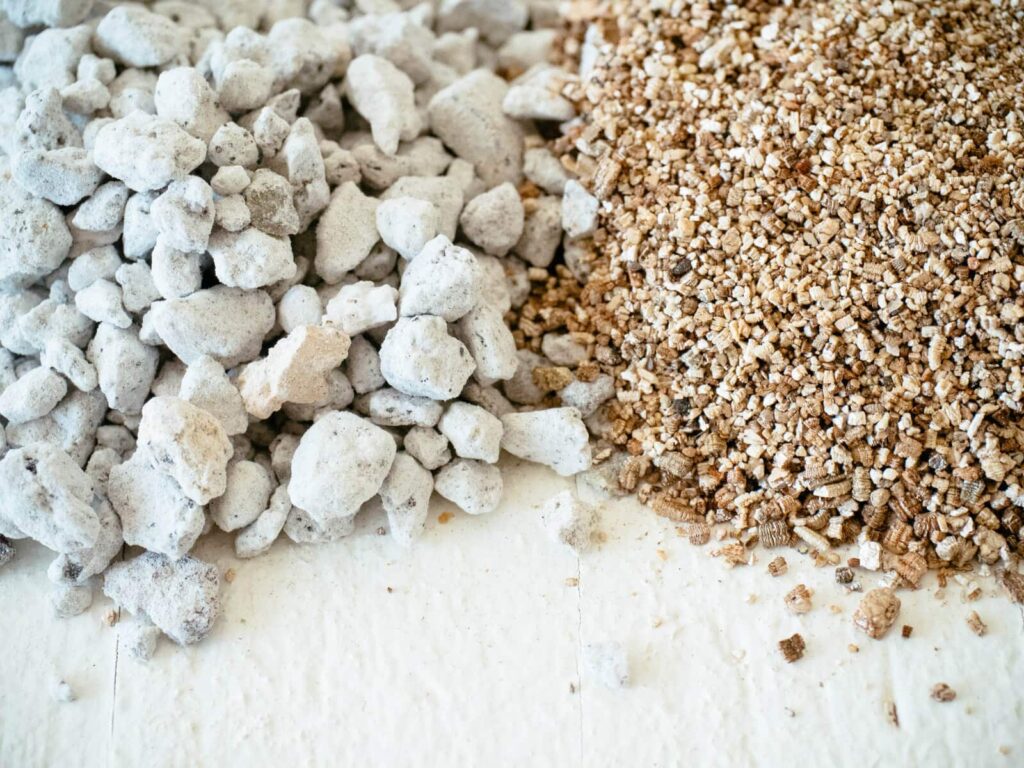

Alternatives to Vermiculite
Perlite
Perlite is a popular alternative to vermiculite and is widely used in gardening. It is a lightweight volcanic rock that is heat-treated to create a lightweight and porous material. Perlite provides excellent drainage and aeration, making it ideal for plants that require a well-drained soil mix.
Coconut Coir
As mentioned earlier, coconut coir is an eco-friendly alternative to vermiculite. It is derived from coconut husks and is a renewable resource. Coconut coir has excellent water retention and aeration properties, making it a suitable amendment for improving soil structure.
Rice Hulls
Rice hulls are another alternative to vermiculite that can be used as a soil amendment. They are lightweight, provide good drainage, and help improve soil aeration. Rice hulls are often used in hydroponic systems as a growing medium.
Peat Moss
Peat moss is a commonly used soil amendment that improves soil structure and water retention. It has a high organic matter content and helps create a favorable environment for plant roots. Peat moss is often used in combination with vermiculite to enhance moisture retention in the soil.
Compost
Compost is a valuable soil amendment that improves the overall health and fertility of the soil. It provides essential nutrients, improves soil structure, and enhances moisture retention. Using compost in combination with vermiculite can create a well-balanced and nutrient-rich growing medium for your organic garden.
Conclusion
Vermiculite is a versatile and beneficial soil amendment that offers numerous advantages for organic gardening. Its ability to improve soil aeration and drainage, retain moisture, enhance nutrient availability, and promote root growth makes it a valuable addition to any garden. By considering crucial factors, following safety precautions, and exploring alternative options, you can confidently use vermiculite to create a thriving organic garden. Happy gardening!
